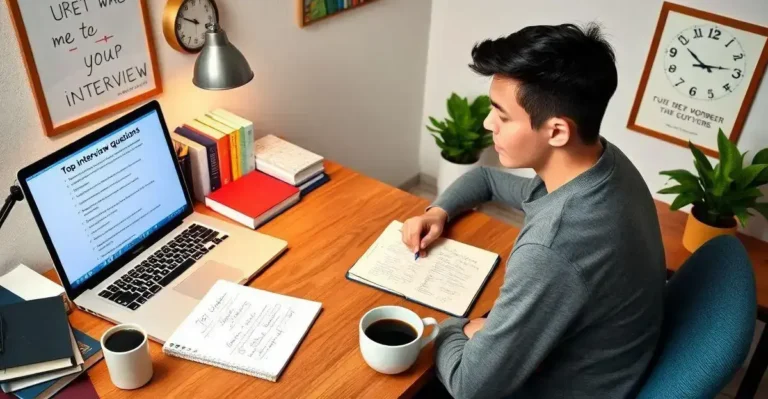Are you a student preparing for your first job? Discover the essential interview questions for student workers that can make or break your chances of landing the job.
Understanding the Role of Student Workers
Student workers play a vital role in various organizations, bridging the gap between education and work experience. These individuals typically balance their education with part-time jobs, gaining valuable skills and insights that can help shape their future careers.
Understanding the role of student workers is essential for both employers and students alike. Employers benefit from the fresh perspectives and skills that students bring, while students gain practical experience and develop a professional network.
In many cases, these positions can range from administrative tasks to specialized roles in fields such as research or technology. This variety allows students to explore different career paths while still focusing on their studies. Furthermore, student workers often learn critical time management skills as they juggle their responsibilities, which are invaluable in both academic and professional settings.
Organizations that hire student workers often find that they are enthusiastic, eager to learn, and quick to adapt. By investing in student workers, companies can cultivate a new generation of talent and contribute to their growth while benefiting from lower labor costs compared to full-time staff.
Common Interview Questions for Student Positions
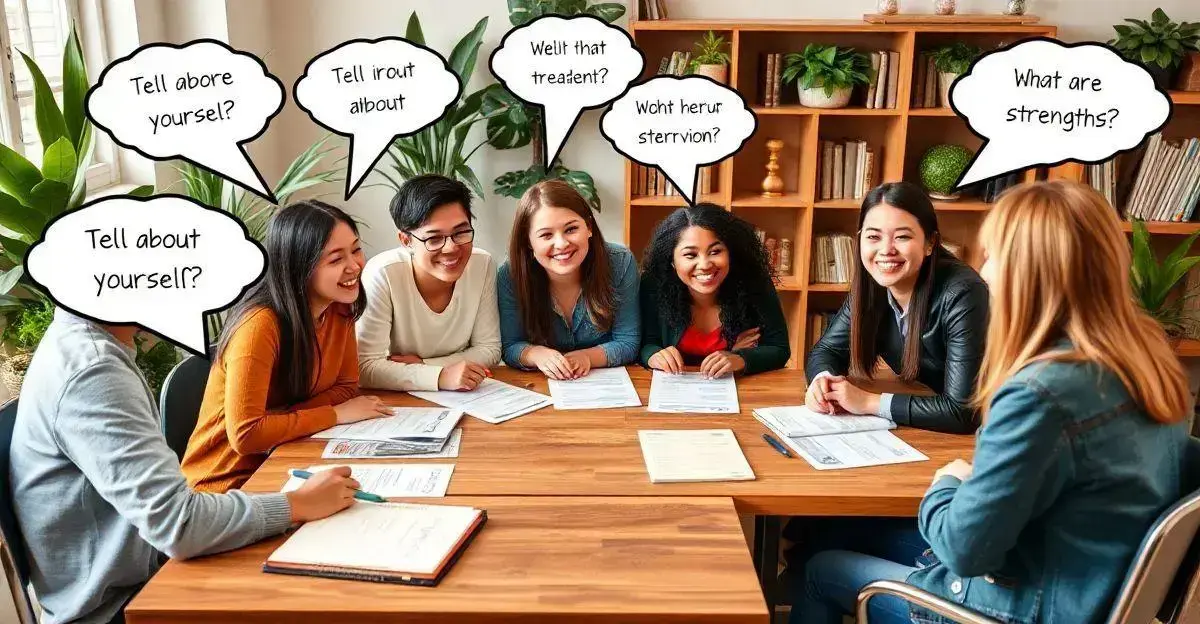
When preparing for a job interview, it’s important to know the types of questions employers may ask. The common interview questions for student positions usually focus on your availability, skills, and experiences relevant to the job. Understanding these questions can help you feel more confident and ready to provide the best answers possible.
One common question is: What interests you about this position? This question allows you to express your enthusiasm and connect your academic learnings to the job role. Another frequent question is: How do you manage your time while balancing school and work? This is crucial for employers to assess your time management skills and ability to prioritize tasks.
Additionally, be prepared for behavioral questions such as: Can you describe a time when you faced a challenge and how you dealt with it? These types of questions seek to understand your problem-solving abilities and resilience. Make sure to practice your answers, focusing on clear and concise communication.
Understanding these common questions can give you a significant advantage during the interview process. Remember, each question is an opportunity to showcase your skills and personality, increasing your chances of securing the position.
How to Prepare for Your Interview
Preparing for an interview can feel overwhelming, especially as a student. However, with the right approach, you can make a positive impression. How to prepare for your interview involves several key steps. First, research the company and understand its values, culture, and the role you are applying for. Knowing this information will help you tailor your answers to align with what the employer is looking for.
Next, practice common interview questions. Consider questions like: Why do you want to work here? and What skills do you bring to this position? Practicing your responses not only helps you sound confident but also allows you to refine your thoughts. Try to convey your enthusiasm for the role and showcase relevant skills that relate to the job.
Another important step is to prepare questions for your interviewer. This shows that you are engaged and interested in the position. Questions could include: What does a typical day look like in this role? or How does this position contribute to the organization’s goals? Being prepared with questions makes you stand out as a candidate who is proactive and thoughtful.
Finally, dress appropriately and arrive on time. Your appearance and punctuality matter, as they reflect your professionalism. Remember to follow up with a thank-you email after the interview, expressing your appreciation for the opportunity. This simple gesture can leave a lasting impression.
Tips for Answering Interview Questions
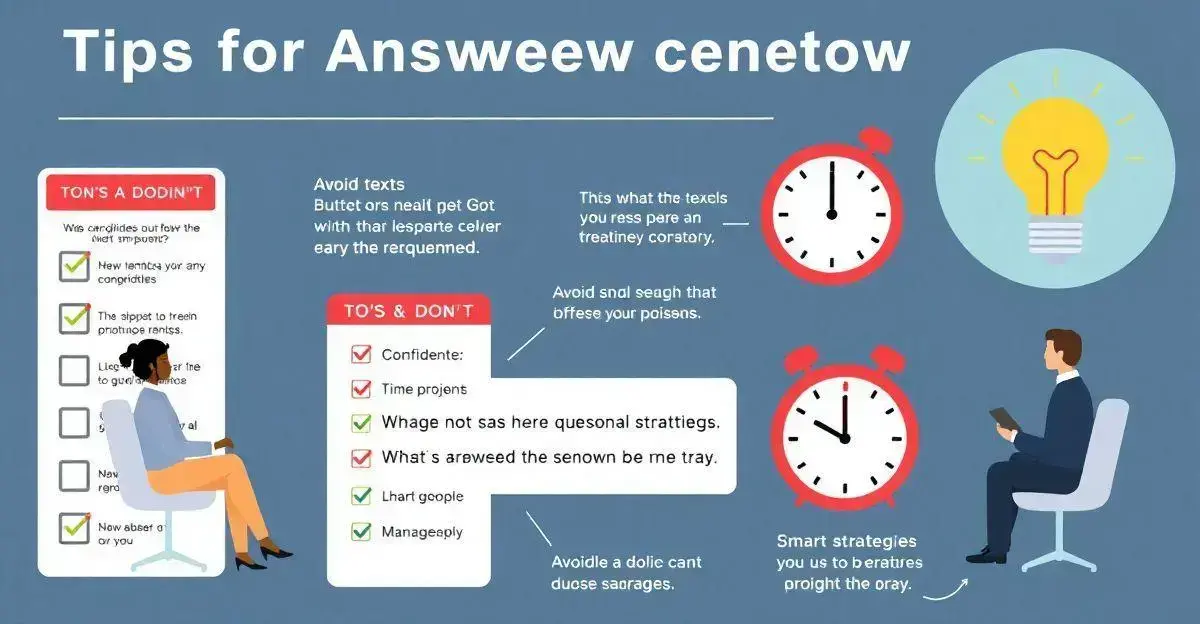
Answering interview questions effectively is crucial for success. Here are some tips for answering interview questions that can increase your chances of impressing employers.
First, listen carefully to each question before responding. This shows that you value what the interviewer is asking and gives you the chance to think about your answer.
Use the STAR method when answering behavioral questions. STAR stands for Situation, Task, Action, and Result. This structured format helps you tell a clear story about your experiences. For example, if asked about a time you handled a difficult situation, outline the context, what your role was, the actions you took, and the outcome.
Be honest and concise in your answers. Avoid rambling, and try to keep your responses relevant to the job you are applying for. Additionally, try to highlight your skills and experiences that match the job description. This can help demonstrate why you are a great fit for the position.
It’s also important to stay positive, even when discussing challenges or failures. Focus on what you learned from the experience and how you applied that knowledge moving forward.
Finally, remember to relax and be yourself. Authenticity can leave a lasting impression and help you connect better with the interviewer.
What Employers Look for in Student Workers
Employers seek specific traits when hiring student workers. One key quality is reliability. Companies want to know that students will show up on time and complete their tasks.
Additionally, communication skills are essential. Students should be able to express themselves clearly through emails and conversations.
Moreover, adaptability is highly valued. Employers like to see candidates who can handle change and learn quickly. This is especially important in fast-paced environments.
Teamwork is another critical area; working well with others shows that a student can fit into the workplace culture.
Lastly, employers look for initiative. They appreciate candidates who go above and beyond their assigned tasks. This not only boosts productivity but also demonstrates a genuine interest in the company.
When preparing for an interview, showcasing these qualities will help students stand out in the competitive job market.
Mistakes to Avoid During Interviews
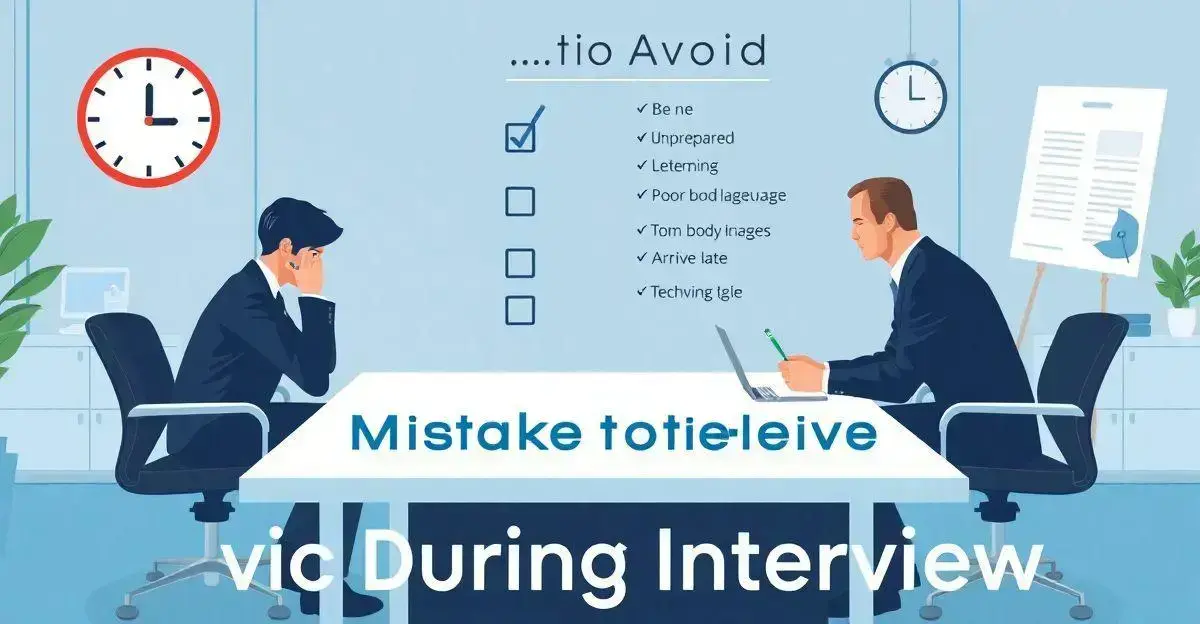
During interviews, there are several mistakes to avoid that can hinder your chances of success. One major mistake is being unprepared. Not knowing about the company or the position can reflect poorly on you. Be sure to research the organization beforehand, including its mission, values, and recent news.
Another common error is providing vague answers to questions. When asked about your experience or skills, be specific. Use examples that highlight your strengths. Employers appreciate candidates who can communicate clearly and demonstrate their qualifications.
Not practicing your answers can also lead to mistakes. Rehearse common questions with a friend or in front of a mirror to boost your confidence.
Additionally, avoid negative talk about past employers or colleagues. This creates a poor impression and raises concerns about your attitude. Instead, focus on what you learned from those experiences.
Lastly, don’t forget to dress appropriately. First impressions matter, so choose professional attire that aligns with the company culture.
Follow-Up: After the Interview Process
After an interview, it’s important to follow up properly. This shows your interest in the position and appreciation for the interviewer’s time. Start by sending a thank-you email within 24 hours. In this message, express your gratitude and reiterate your interest in the job. Mention specific points from the interview that you enjoyed discussing. This helps make your email memorable.
Additionally, be sure to review your performance. Think about what went well and areas for improvement. This reflection will prepare you for future interviews. If you haven’t heard back within a week or two, it’s perfectly acceptable to send a polite follow-up email. Ask if there are any updates about the hiring process.
Moreover, maintain a positive tone in all communications. Whether you receive good or bad news, being gracious leaves a strong impression. Finally, continue searching for other opportunities during this time. It’s crucial to keep your options open while waiting for a response.
Building a Resume as a Student Worker
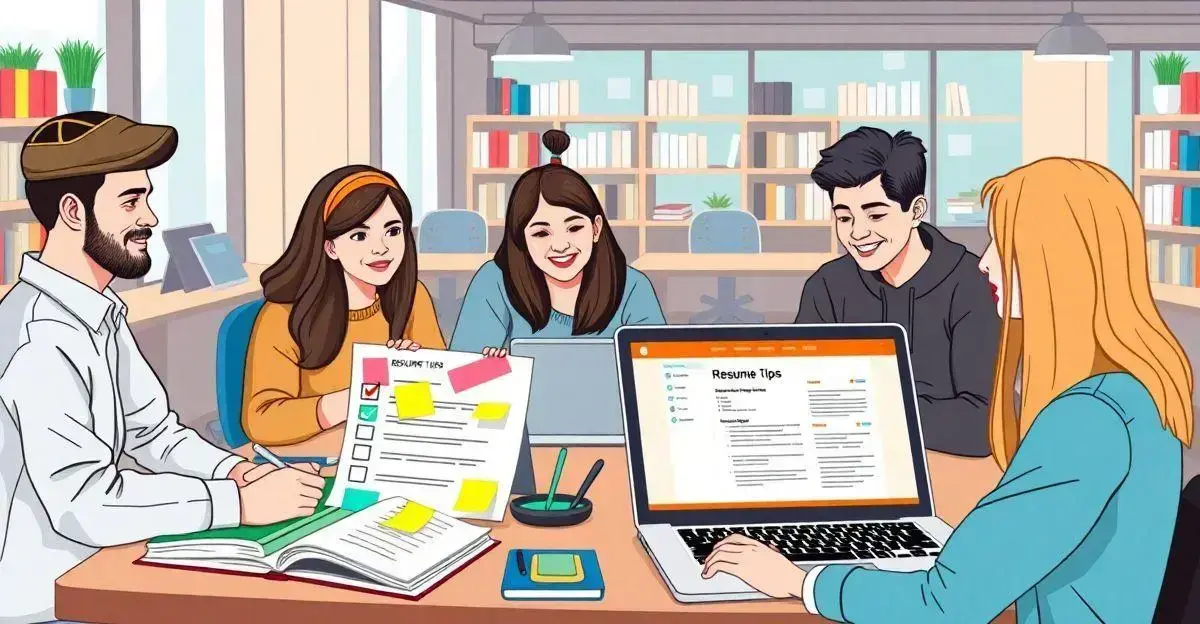
Building a resume as a student worker is crucial for landing a job. Start with a clear format that is easy to read. Use headings for each section, such as Contact Information, Education, Experience, and Skills.
Typically, your contact information should include your name, phone number, and email address at the top. Education is often your greatest asset. List your school, major, and expected graduation date. If you have a good GPA, include it as well. Highlight relevant courses that relate to the job you are applying for.
Experience can include both paid positions and internships, as well as volunteer work. Describe your responsibilities and achievements in bullet points. Use action verbs to demonstrate what you accomplished. For example, instead of saying ‘helped with student events,’ say ‘coordinated events that increased student participation by 20%.’
Finally, the skills section should list both hard skills (like software proficiency) and soft skills (like communication and teamwork). Tailor your skills to match the job description to make your resume stand out.
How to build a strong resume as a student worker
Building a strong resume as a student worker is essential for securing job opportunities. By focusing on clear organization and highlighting relevant experiences and skills, you can create a document that stands out to employers.
Remember to tailor your resume for each position by emphasizing the qualifications that align with the job description. As you gain more experience, continuously update your resume to reflect your growth and achievements.
Ultimately, a well-crafted resume can significantly increase your chances of getting noticed in a competitive job market, helping you to embark on a successful career journey.
